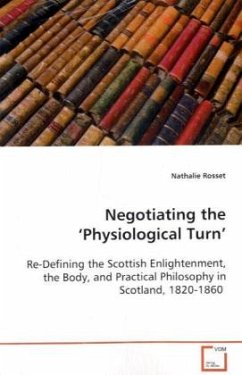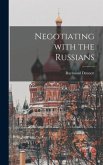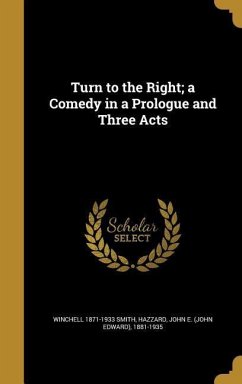In early nineteenth century Scotland, authors of
practical philosophies expressed as passionate an
interest in philosophical enquiries as their
predecessors of the Enlightenment. The intensity of
their quest for knowledge also testified of a new
attitude towards it. In their diaries,
pamphlets, books, and other writings, they tied an
intimate relation to knowledge which, they explained,
led them to feverish attempts at experiencing it. The
phrenologist George Combe, the natural scientist
David Brewster, the geologist Hugh Miller, all
belonged to this movement and they expressed a level
of intimacy with knowledge that fundamentally changed
their understanding of it. Knowledge was something to
be experienced and also, ultimately, something under
which the philosopher was to develop a new sense of
subjection. This led one contemporary writer to
explain this epistemological change as the
negotiation of a physiological turn in Scottish
philosophy. The aim of this book is to illustrate and
describe the process of this physiological turn using
a variety of sources and writings. It is a
contribution towards cultural history in Scotland and
the history of the Scottish Enlightenment.
practical philosophies expressed as passionate an
interest in philosophical enquiries as their
predecessors of the Enlightenment. The intensity of
their quest for knowledge also testified of a new
attitude towards it. In their diaries,
pamphlets, books, and other writings, they tied an
intimate relation to knowledge which, they explained,
led them to feverish attempts at experiencing it. The
phrenologist George Combe, the natural scientist
David Brewster, the geologist Hugh Miller, all
belonged to this movement and they expressed a level
of intimacy with knowledge that fundamentally changed
their understanding of it. Knowledge was something to
be experienced and also, ultimately, something under
which the philosopher was to develop a new sense of
subjection. This led one contemporary writer to
explain this epistemological change as the
negotiation of a physiological turn in Scottish
philosophy. The aim of this book is to illustrate and
describe the process of this physiological turn using
a variety of sources and writings. It is a
contribution towards cultural history in Scotland and
the history of the Scottish Enlightenment.








